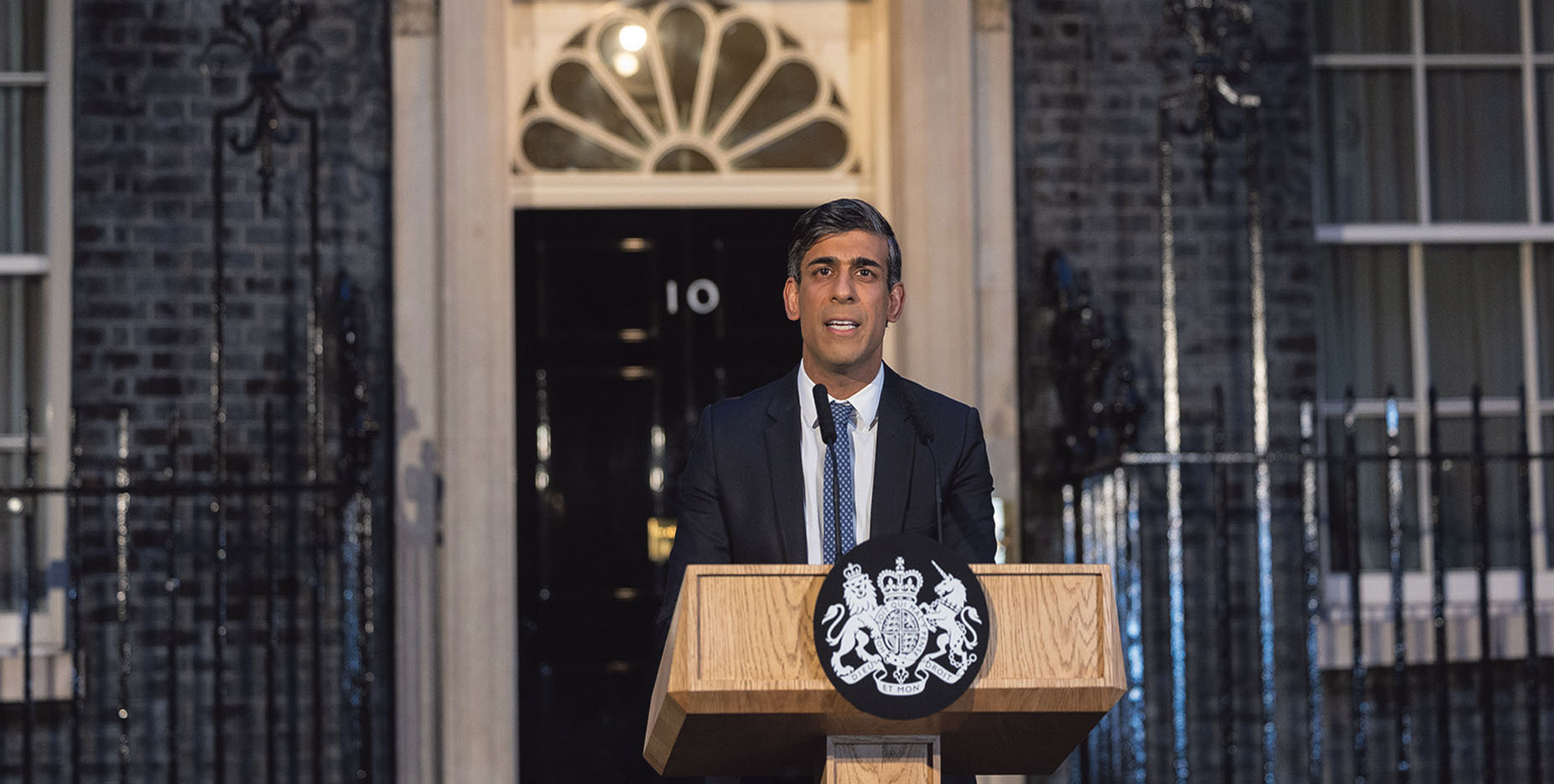
Dr Claudia Radiven, Diamond Jubilee Lecturer, Sociology and Social Policy, University of Leeds
On March 14, the Secretary of State for Levelling Up, Housing, and Communities, released a new definition of extremism. Ostensibly, Michael Gove’s revised definition is intended as “guidance” for a “common-sense” approach to tackling extremism.
This approach consists of three main markers of behaviour that could constitute extremism: (1) Negate or destroy fundamental rights and freedoms. (2) undermine, overturn, or replace liberal democracy; or (3) enable the spread of extremism.
At face value, these seem like reasonable assertions, reflecting the reasonable language of common sense that protects freedoms as well as security. However, within each of the three aims, there is a further elaboration that gives substantial cause for worry and draws attention to the definition’s real aims.
The two types of extremism of concern within the new definition are Neo-Nazi and Islamist groups. However, within this publication, there are multiple mentions and allusions to recent activities in solidarity with the people of Palestine, as well as groups or individuals who would seek to disrupt the actions of the government.
The crux of this is that the definition potentially facilitates the suppression of genuine political sentiments, especially those centred on dissatisfaction with the current government.
While this definition attempts to articulate that it is not legally binding, it devotes paragraphs to describing how its intent is towards ‘a workable use of the term in real-life cases.’
The implication here is that the definition will ultimately be used wherever it can be in situations of so-called extremism. While the definition has “no effect on existing criminal law, it applies to the operations of the government itself.”
This becomes insidious when taking a closer look at the above aims. The statements within show some unnerving implications. The new definition states that particular behaviours will be judged as extremism, such as “advocating that the UK’s parliamentary democracy and democratic values and rights are not compatible with their ideology and seeking to challenge, overthrow, or change our political system outside of lawful means.”
This is particularly concerning when it comes to criminalizing dissent or any ideology that the government may deem too different to be anything other than dangerous.
A loose category susceptible to manipulation to suit particular aims. This is expanded to target the recent wave of legitimate protests that have taken place every weekend since October 7.
Anyone seen to be “subverting the way public or state institutions exercise their powers to further ideological goals, for example through entryism or by misusing powers or encouraging others to do so” can be deemed extreme. We’ve seen in recent times how rhetoric like this has been peddled to a more mainstream audience.
Prime Minister Rishi Sunak’s speech after the success of George Galloway in Rochdale laboured on how democracy has been targeted and “Britain’s streets have been hijacked by groups hostile to British values,” echoing the language of the Prevent policy and counter-extremism.
While the new definition refers to the Prevent policy, it fails to draw on the recent Shawcross review, which at least brought into discussion last year’s hostilities from groups supporting the Bharatiya Janata Party and Hindutva ideology. This recent definition refers to one specific faith group, Muslims.
The government’s press release states, “Definition of extremism updated to respond to increased extremist threat since October 7 terror attacks in Israel.” It addresses efforts to “overturn the UK’s system of liberal parliamentary democracy” and essentially bring the populace back into check.
The UK government’s surprise at the intense support for Palestine and a ceasefire resulted in an equally intense response. A new definition that renegotiates the social contract between government and citizens, and efforts to prevent the pressure on government from escalating any further.
Photo: Prime Minister Rishi Sunak delivers a statement on extremism outside 10 Downing Street on March 1. (Credit: Simon Walker/Downing St)
READ MORE
Galloway vows to challenge Labour in Manchester as he slams Tory’s pre-election ‘culture war’
Editorial: Muslims only faith community targeted by new definition of extremism